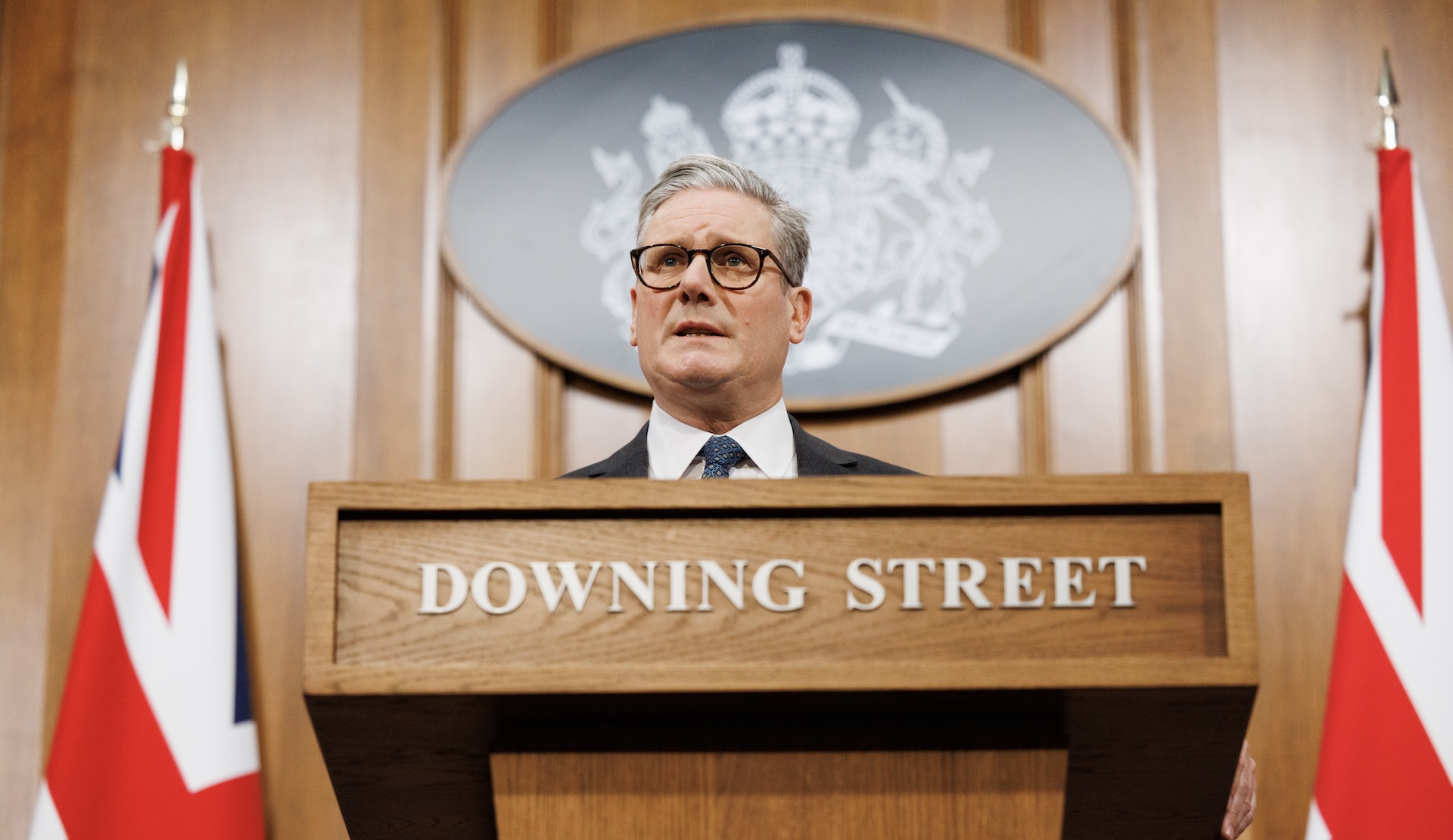Sinéad Morrissey is a very fine poet. I don’t say this because she’s Irish and because of some inherent loyalty that means I have to say the Irish are the best poets. That would be crazy. Though Irish poets ARE great – obviously. And the Irish value poetry, and when you value something you respect it and take it seriously.
Among Morrissey’s many standouts is a poem called The Rope. It’s about the moment she realised, while watching her children, the bond that binds siblings – “sibling-tetheredness” – something that would knock them off-balance, when they least expect it “some afternoon/after work/decades hence” when they need each other and she is gone. It is, in the way of Morrissey, lyrical but precise and inflected with something that can, like the children in The Rope, catch you off guard. It’s really beautiful.
The reason I mention Morrissey is not this, though. It’s because of Parallax, a collection of hers from over 10 years ago. It was the first time I understood parallax, the word and the perspective it suggests. This is, essentially, the idea that an object can look in a different position, or direction, if viewed from different positions. It’s used in astronomy, but for Morrissey it’s about the contorting facility of art, and also history, to change the object and also to change all of those who look at it. Given she is from Northern Ireland there is also an additional weight to seeing the same thing from different views.
It’s a sense that has stayed strongly with me, and every now and then it feels we are in a key parallax moment – the resolving of which will have a major impact on many lives. The overhaul of the benefits system introduced last week puts us smack-bang in that territory now. The object, clearly, is the cut to the spiralling cost of benefits.
On the one view, you can see that the bill is unsustainable and have sympathy with a government trying to wrestle it. Maintaining that view, you can also back the idea around the value of work, both for income and self-respect – that is foundational Big Issue thinking. The DWP report last month identified 200,000 people on benefits who are ready to work if they had the right support.
But even within that view, perspectives shift and other realities settle. The cuts feel brutally focused on those with long-term or life-altering disabilities. When the numbers of those out of work due to long-term sickness are presented, around 2.8 million, that is a big number. But then, when you consider that post-Covid there are an estimated two million people with long Covid, hundreds of thousands of whom cannot physically do what they could several years ago, the numbers become more relative.






